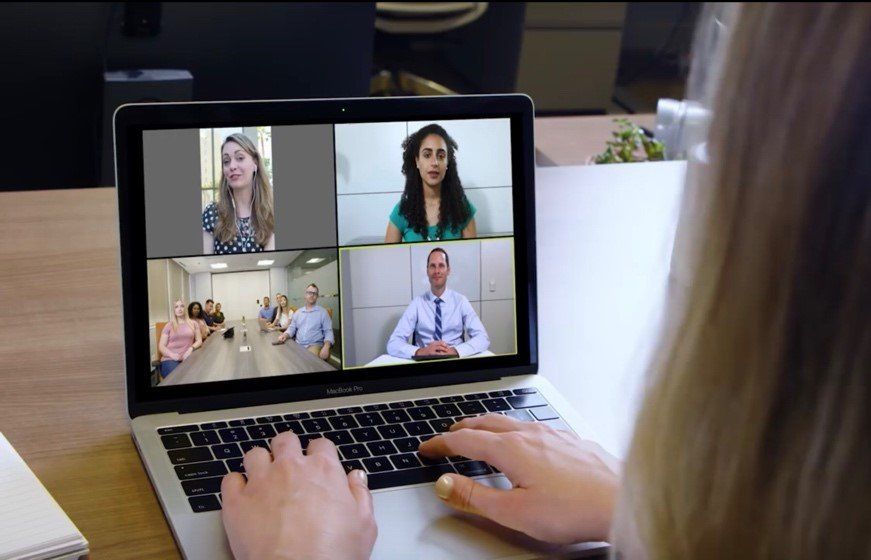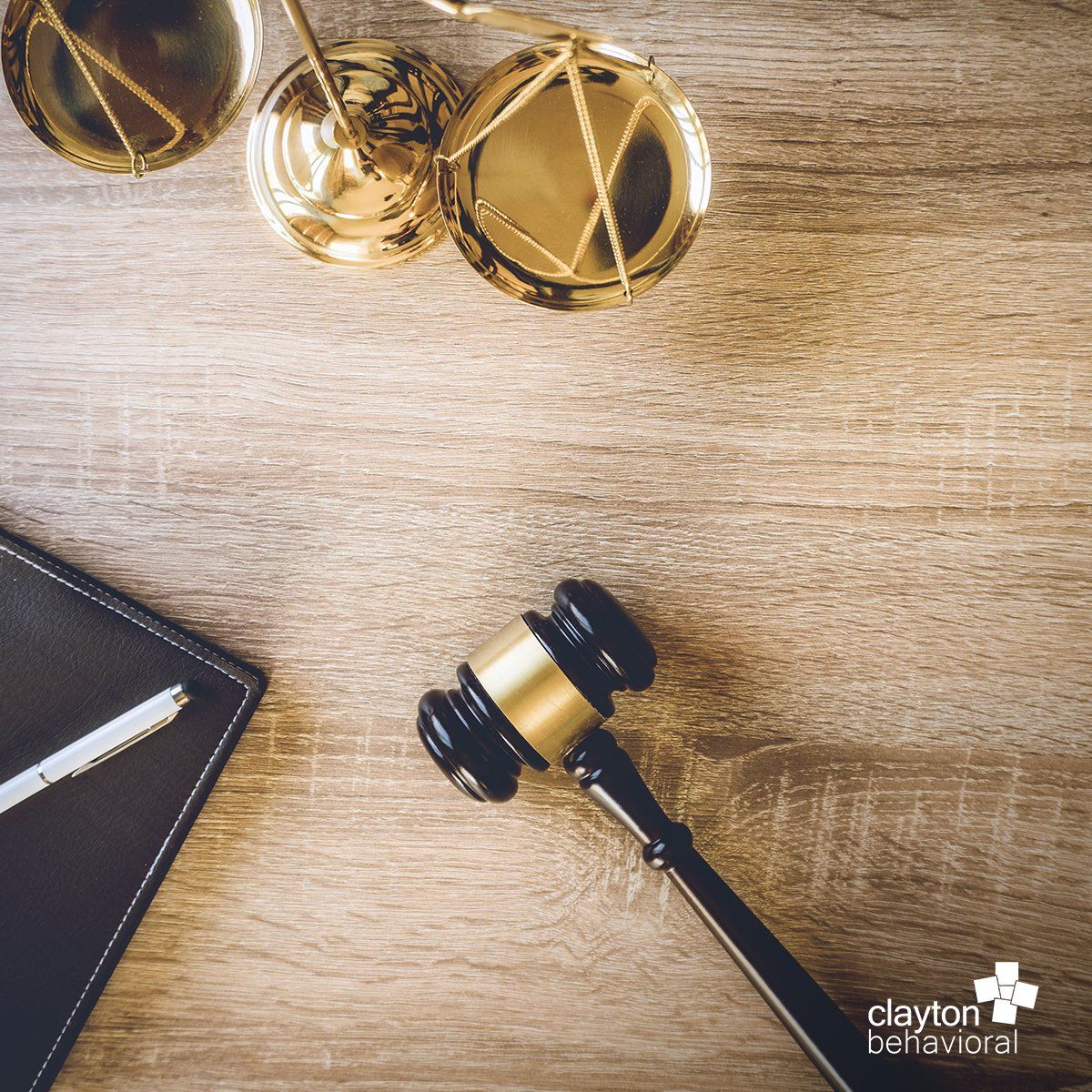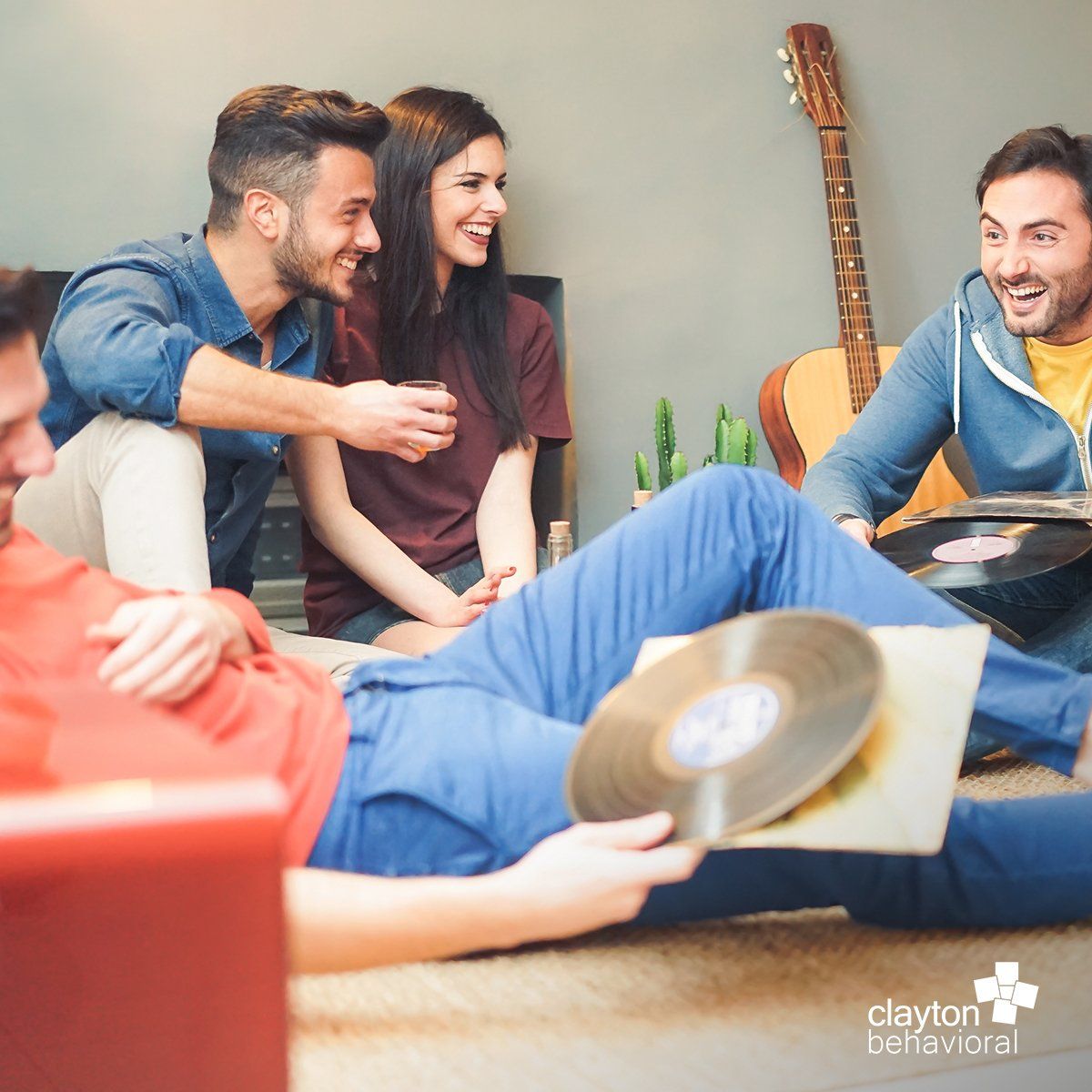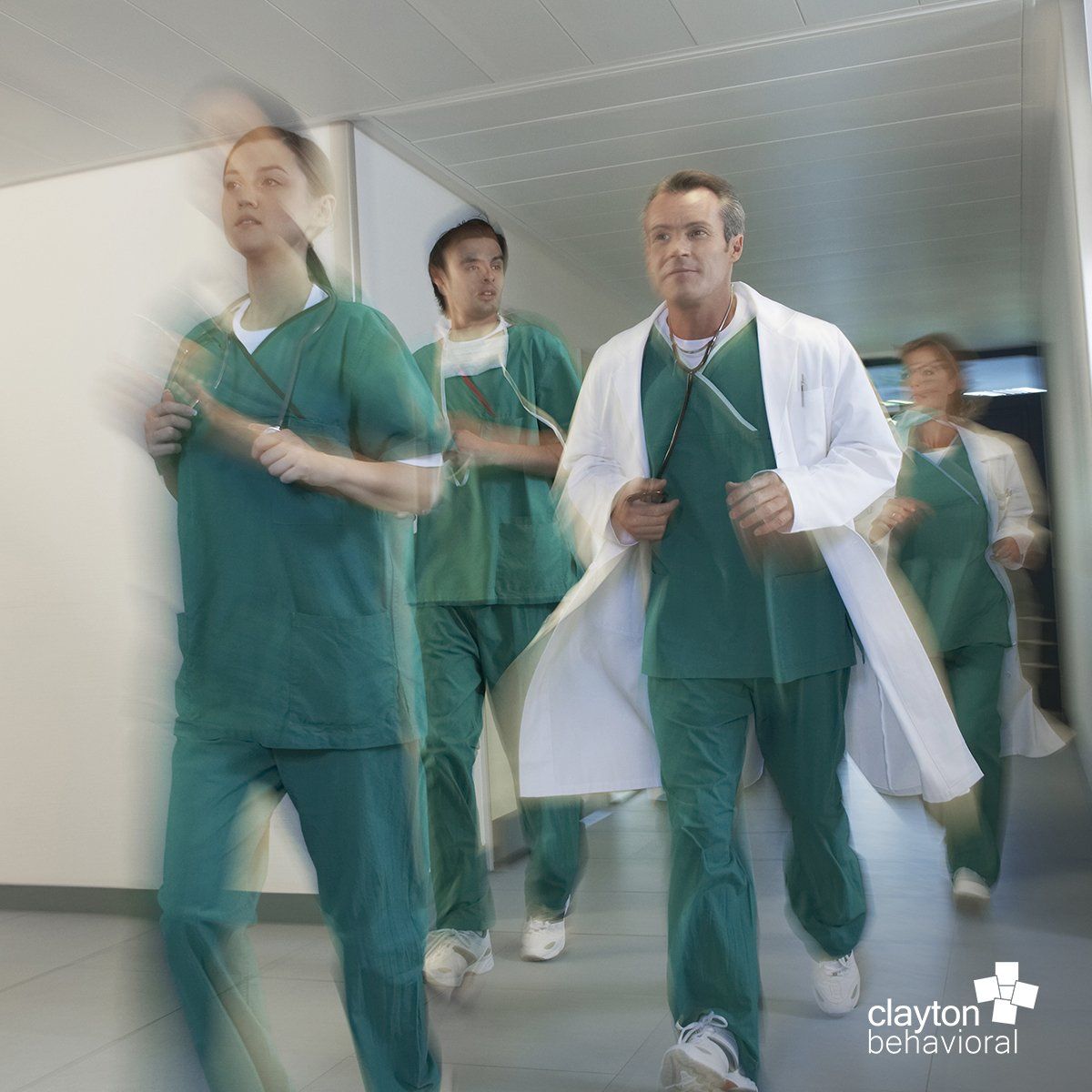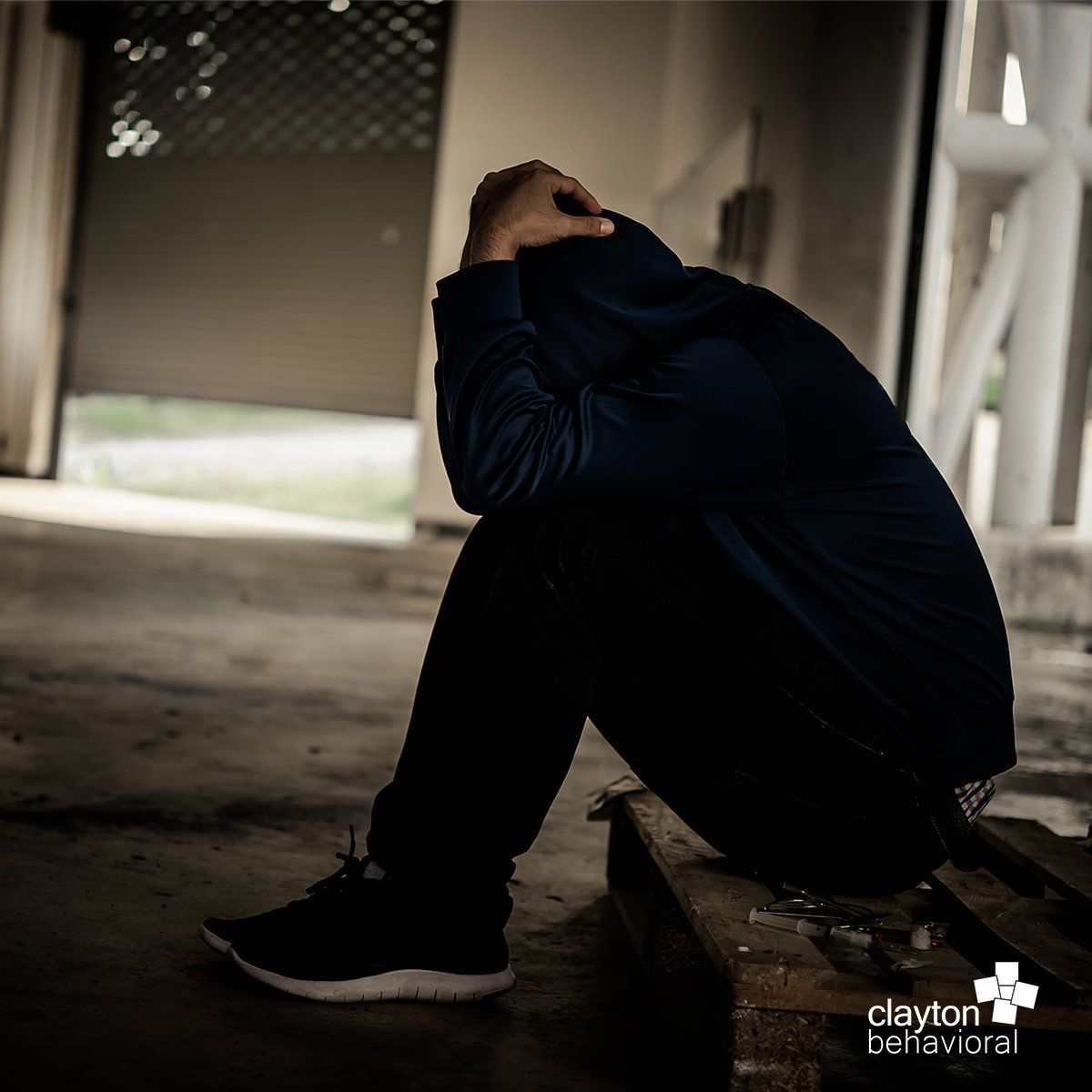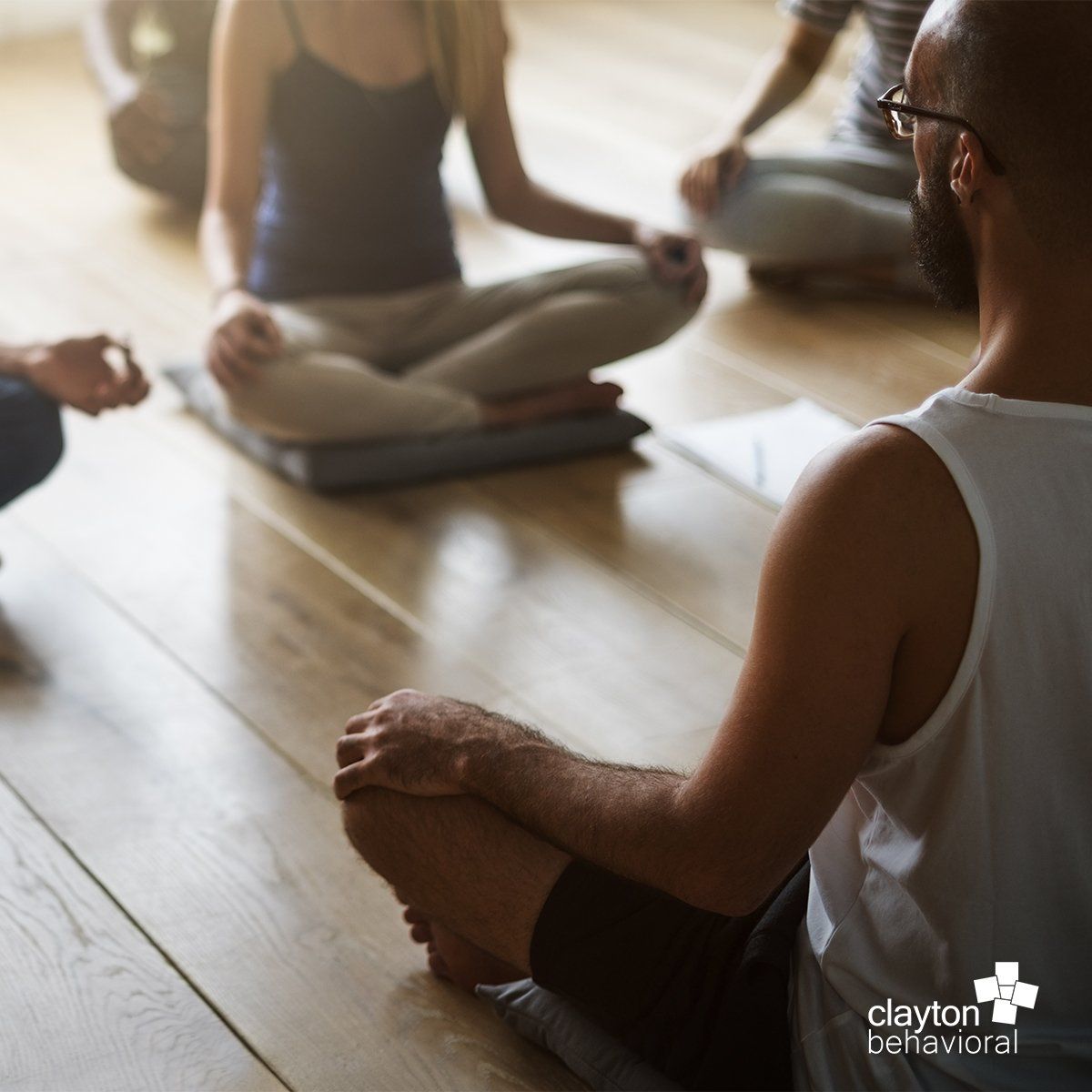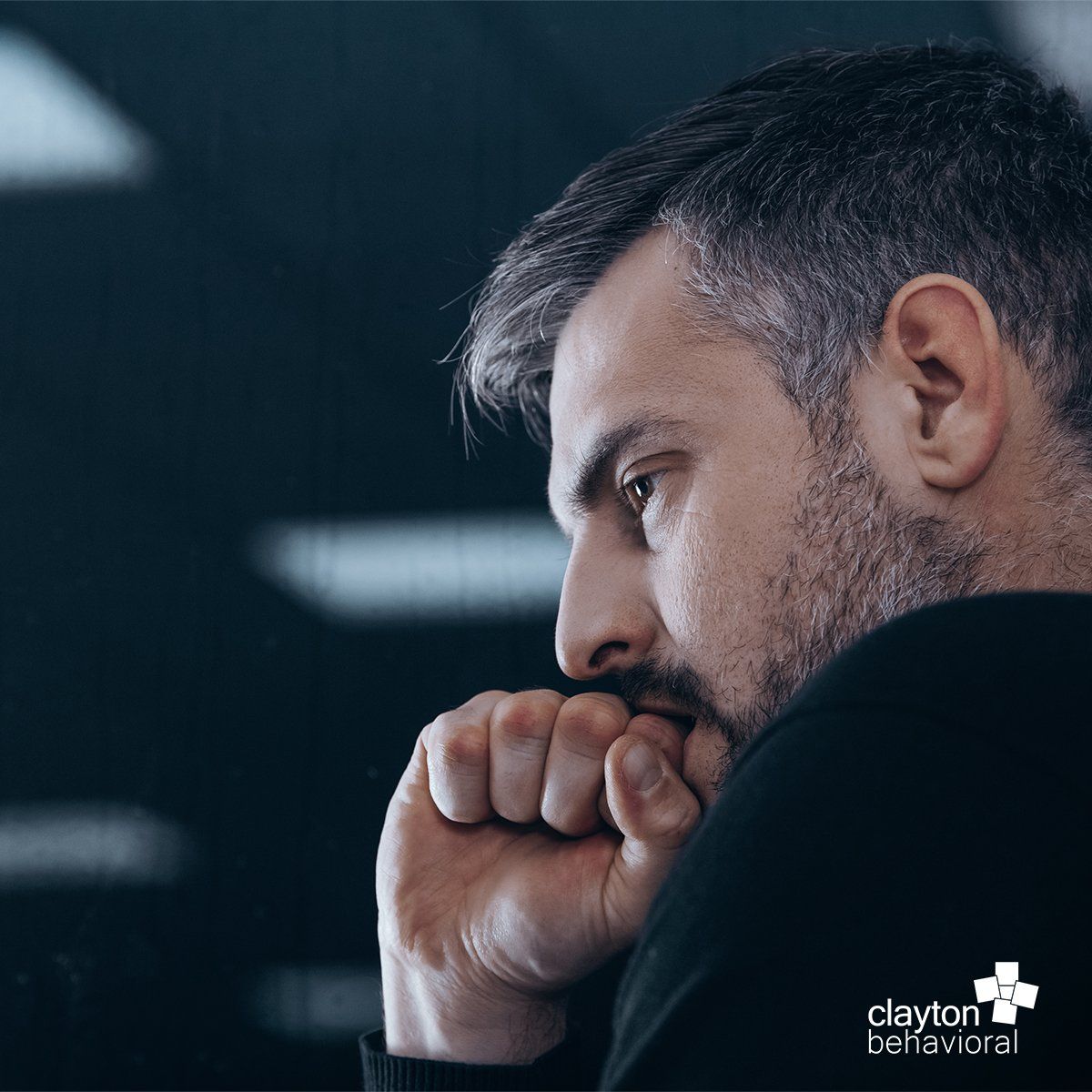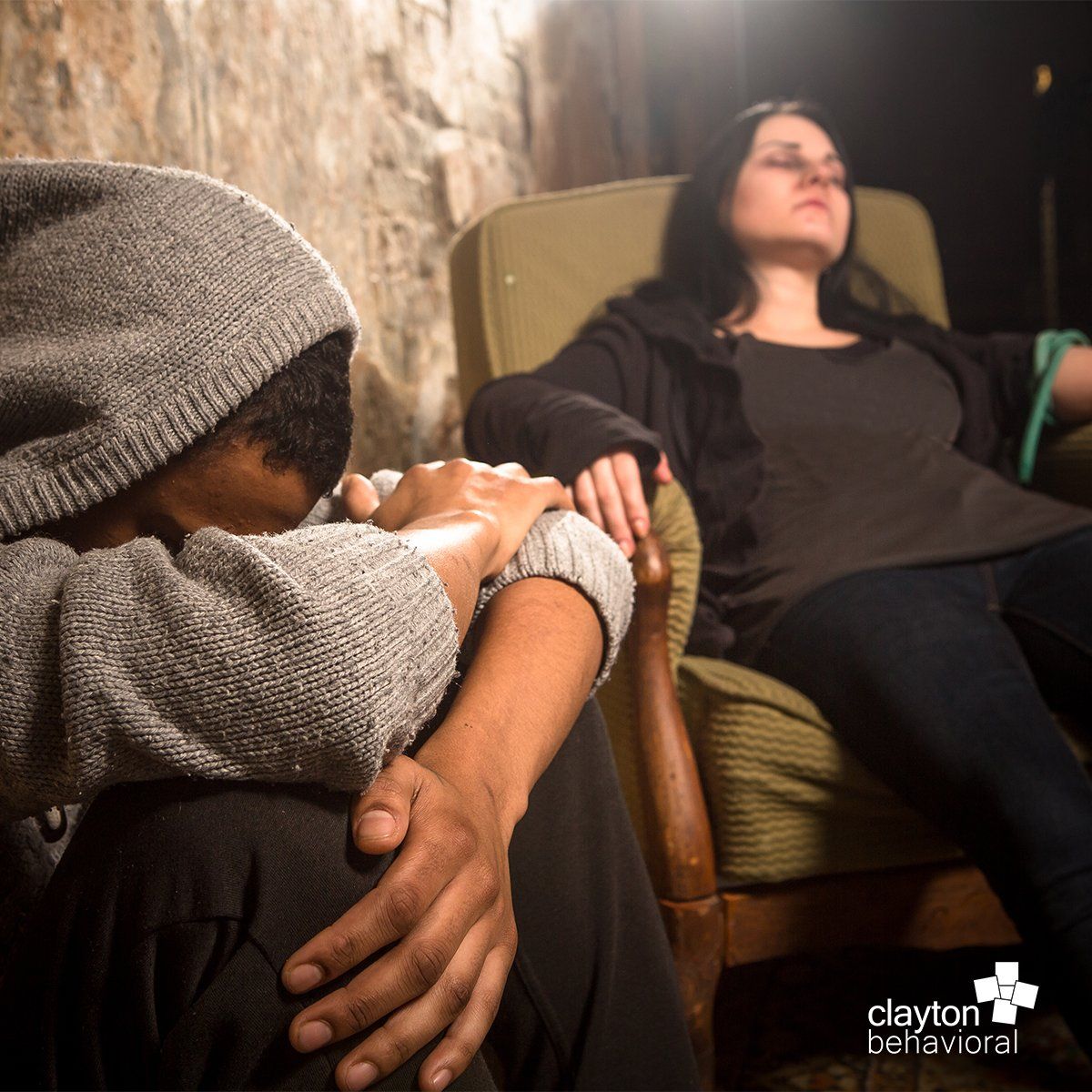Get Sober This Year By Building Your Sobriety Network

Treatment professionals make no bones about how challenging it can be for persons with addiction to get sober. That’s why, behind persons in recovery, you’ll often find a team of friends, family members, sponsors, peers and treatment professionals.
So, if you or a loved one would like to achieve sobriety, this could be your year! Start by building your support system from the ground up.
The Power Of Peers
Scores of research have shown the positive effects of social group therapy on persons in recovery, and count it as one of the most impactful factors that determine whether an individual can successfully maintain sobriety. A research-driven guidefor counselors published by the Substance Abuse and Mental Health Services Administration(SAMHSA), a subset of the U.S. Department of Health and Human Services, found that “Group therapy is a powerful therapeutic tool for treating substance abuse, one that is as helpful as individual therapy, and sometimes more successful.”
The guide goes on to attribute the effectiveness of group therapy to our inherently social nature as humans, which can work as an antidote to the many difficult emotional components of addiction recovery that can send addicts back out: “Whether a person abuses substances or not, these problems often respond better to group treatment than to individual therapy,” it says. These may include depression and anxiety, shame, guilt, physical distress, confusion, withdrawal and more.
Other programs and strategies for achieving long-term sobriety, like 12-step programs, also heavily emphasize the importance of creating a reliable network of peers in recovery, including a sponsor and friends. These programs almost always recommend regular attendance at 12- step group meetings, where person sin addiction can share their experience, build their network and help others who are just beginning. Healthy persons in recovery can serve as friends and mentors to the newly sober, and often understand them in a way that others cannot. This social support can be the difference between long-term recovery and relapse.
Another paper, published in 2014, examined the effects of addiction on families and social networks. It found that comprehensive therapy sessions with a patient's immediate family can help them understand when the patient may be headed towards relapse and how to intervene in a helpful way. Titled “Family and social aspects of substance abuse disorder and treatment,” it says, “Families can help their loved one in several ways: facilitate their involvement in treatment; attend sessions together to address the SUD and recovery needs; ...and help them stabilize from a relapse should one occur.”
How We Can Help
Clayton Behavioral provides intensive outpatient addiction programs ranging from six weeks to six months. We also offer safe medical detoxification, psychiatric assessment and treatment, psychotherapy for anxiety, depression, and other co-occurring mental health problems and continued care and support groups to facilitate long-term recovery.
If you think you or someone you know may be affected by alcoholism or drug addiction, please contact us for a confidential individual or family consultation at 314-222-5830. You can also visit our websiteor send us an emailfor more information.
Note: If your loved one with addiction is not yet ready for treatment, Clayton Behavioral therapists can meet with you and other family members to provide support and help you develop strategies for motivating your loved one to get the help they need.

